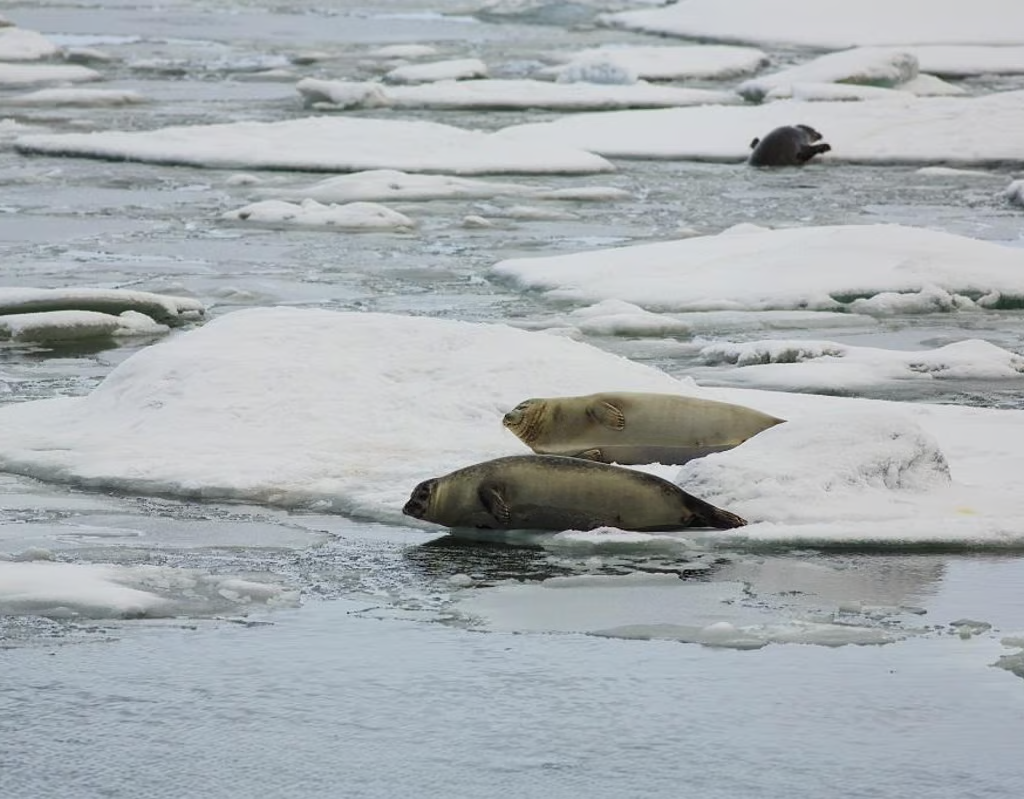
A new study finds that air pollution breathed in during childhood is a significant factor in adult lung health.
The study’s origins date back to 1992, when researchers began investigating the effects of air pollution on groups of children in California. Some of these children are now in their 40s. Dr. Erika Garcia and colleagues from the University of Southern California decided to follow up on their health. More than 1,300 individuals responded to detailed questionnaires about their income, lifestyle (including smoking), homes, and health. This data was then matched against their childhood health records and the local air pollution levels during their upbringing.
The study’s first finding revealed that individuals with higher childhood exposure to particle pollution and nitrogen dioxide were more likely to exhibit bronchitic symptoms as adults. This relationship was powerful for those who had developed asthma and lung problems as children, indicating a lasting vulnerability into adulthood.
The second unexpected finding was that a relationship existed between childhood air pollution and adult bronchitic symptoms, even for those who did not have lung problems as children. This suggests that early exposure to polluted air has long-term health implications, regardless of childhood respiratory health. Read More
News Credit: The Guardian
Picture Credit: Frederic J Brown/AFP/Getty Images











